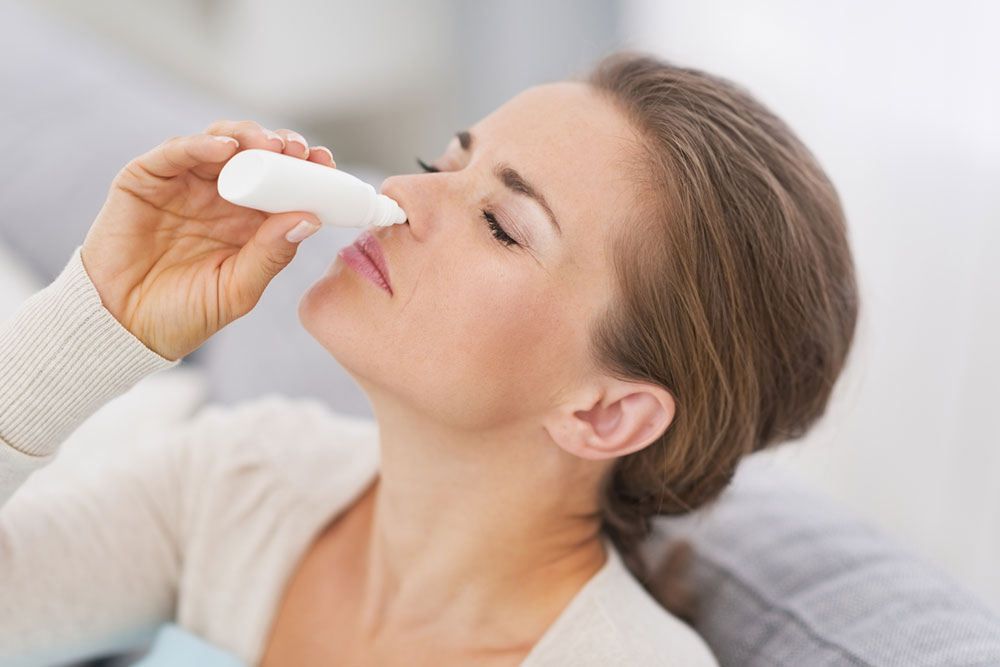Effective Strategies to Alleviate Postnasal Mucus Discharge
Discover effective methods to manage and treat postnasal mucus discharge. This guide covers causes, medications, natural remedies, and when to seek medical help, ensuring relief from symptoms and improving nasal health.

Effective Strategies to Alleviate Postnasal Mucus Discharge
Many individuals experience mucus buildup in their nasal passages at some point. Normally, the nose and throat produce mucus to humidify the nasal lining, clear out debris, and defend against infections.
However, excessive mucus production can lead to it accumulating back in the throat, causing discomfort or a sensation of dripping from the nose. This condition is known as postnasal mucus discharge.
Common signs of this condition include:
Persistent coughing, especially worse at night
Bad breath
Sore throat
Nausea
A frequent need to clear the throat
Primary Causes of Postnasal Mucus
Sometimes, mucus isn't properly cleared, leading to buildup. Conditions like acid reflux and GERD can also cause swallowing difficulties, resulting in mucus accumulation. Typical causes include:
Allergy reactions
Colds or influenza
Sinus infections
Pregnancy
Blood pressure medications
Nasal obstructions
Environmental changes or cold weather
Exposure to fumes, smoke, or perfumes
Deviated septum
Spicy foods
Optimal Treatment Options for Postnasal Discharge
Treatment depends on the underlying cause. For bacterial infections, antibiotics can provide relief. During viral colds, decongestants and antihistamines are helpful. Newer antihistamines like cetirizine or loratadine are better suited as they don't thicken mucus as older medicines do. Always consult your doctor before medication use, as side effects such as dry mouth and drowsiness may occur.
For allergy-related issues, steroid nasal sprays are effective. Ensuring mucus remains thin is essential; use saline sprays, neti pots, or medications like guaifenesin to thin mucus. Humidifiers and regular cleaning also help manage symptoms. Elevating pillows at night prevents mucus pooling, and dust-proof covers protect bedding from allergens. Surgery, such as septoplasty, is recommended for structural issues like a deviated septum.
Boosting immunity with vitamin C, found in lemon water, can also aid recovery due to its antiviral properties. Traditional remedies like hot soups or steamy baths can temporarily relieve congestion by opening nasal passages and preventing dehydration. Staying well-hydrated is crucial for mucus thinning and comfort.
When symptoms persist beyond 10 days or worsen, such as with fever, wheezing, foul-smelling mucus, or bleeding, seeking medical attention is essential. Diagnostic tests like X-rays or scans may be necessary to determine the cause and appropriate treatment, especially if bacterial infection or GERD is involved.
Note: The information provided is for educational purposes. Always consult healthcare professionals for diagnosis and personalized treatment plans. The website isn't responsible for potential inaccuracies or unlisted treatments that might be more suitable for individual cases.










